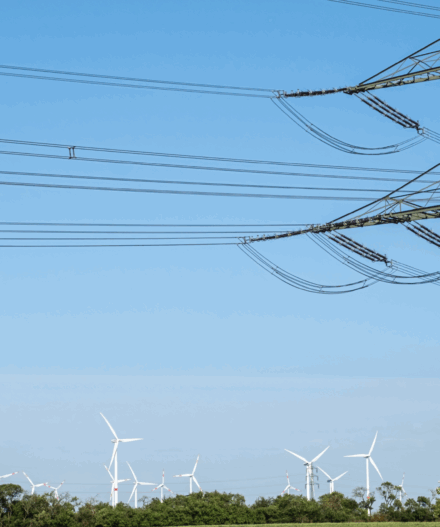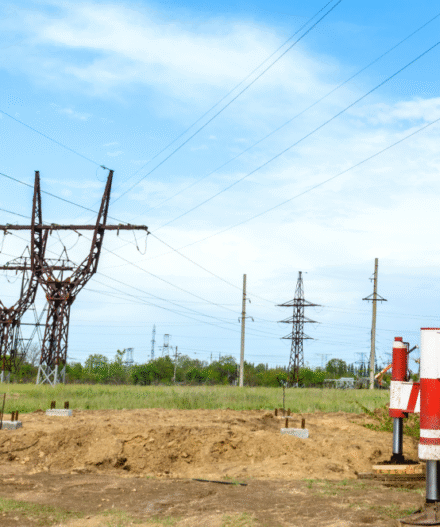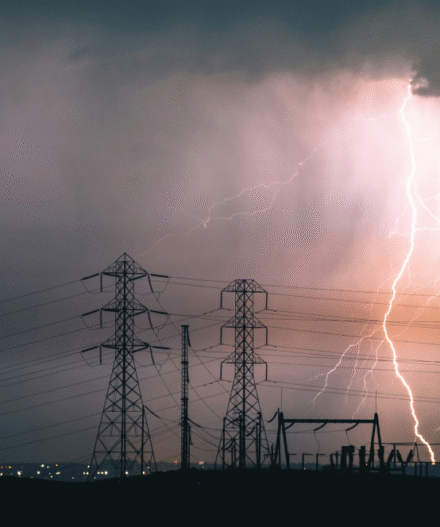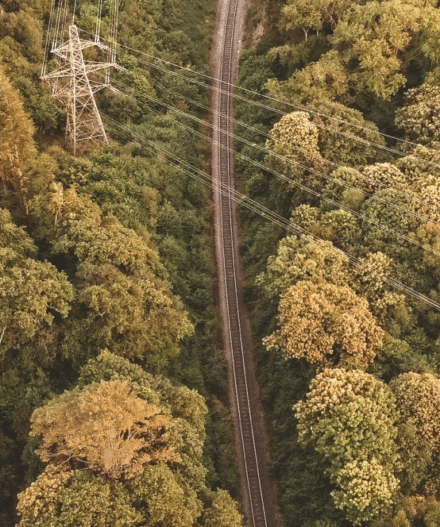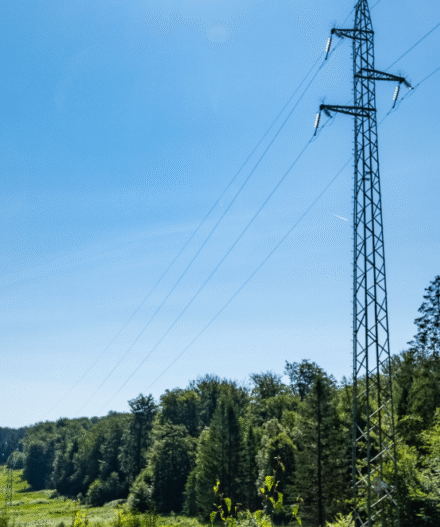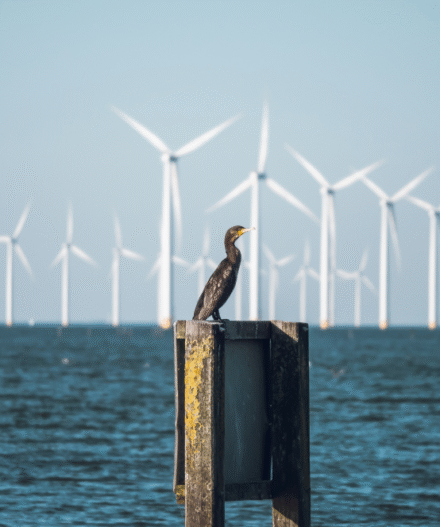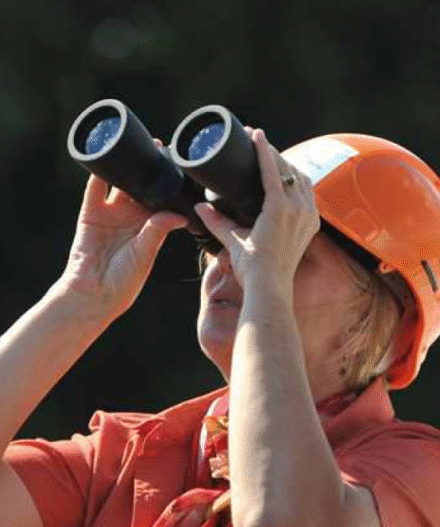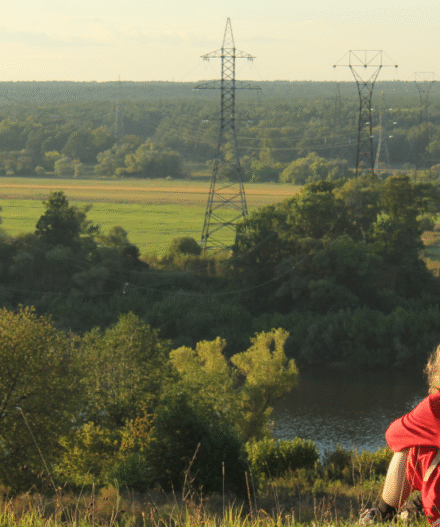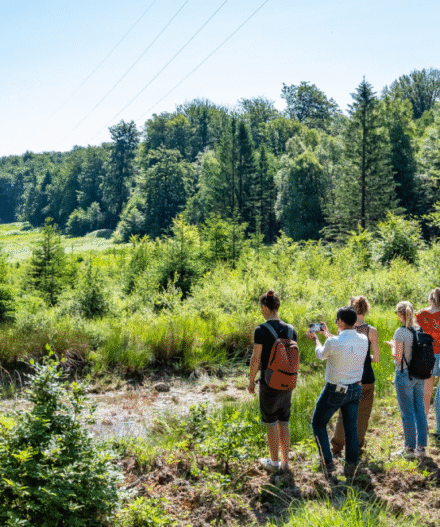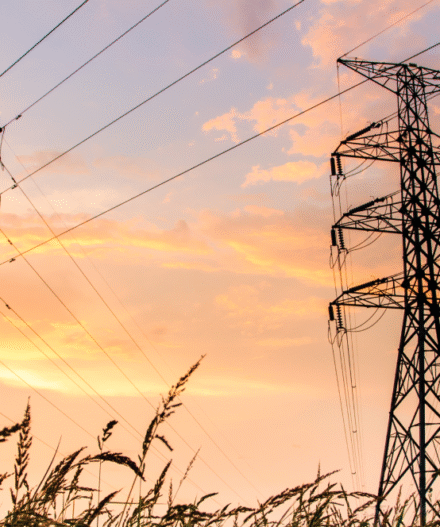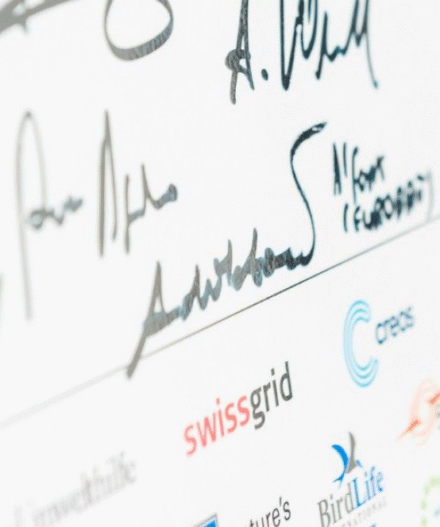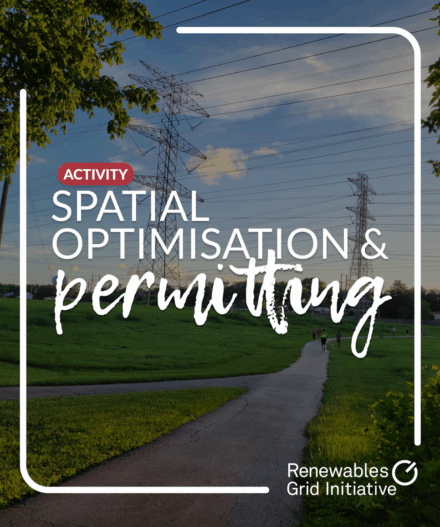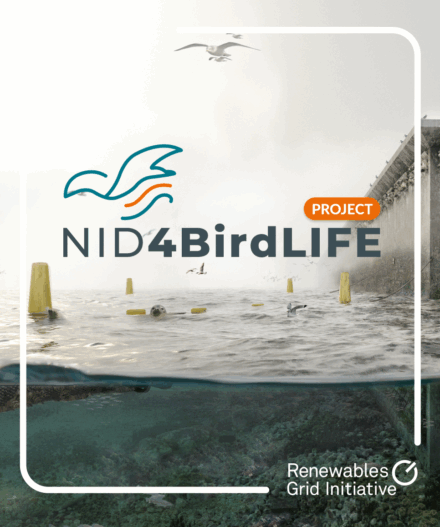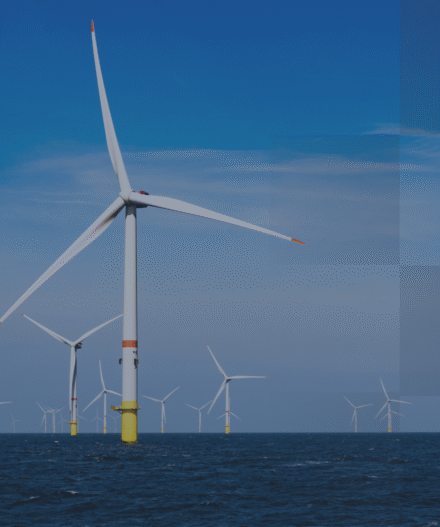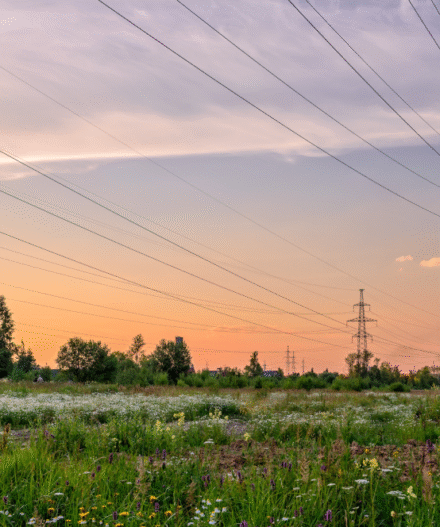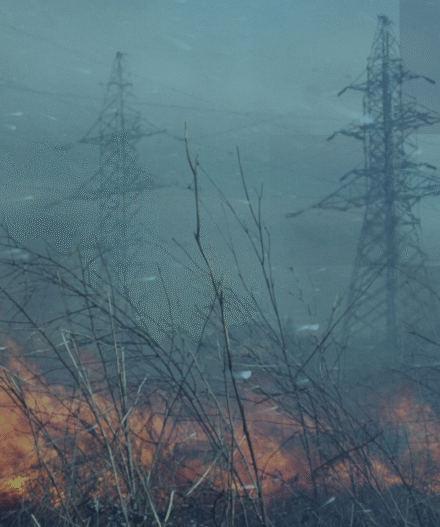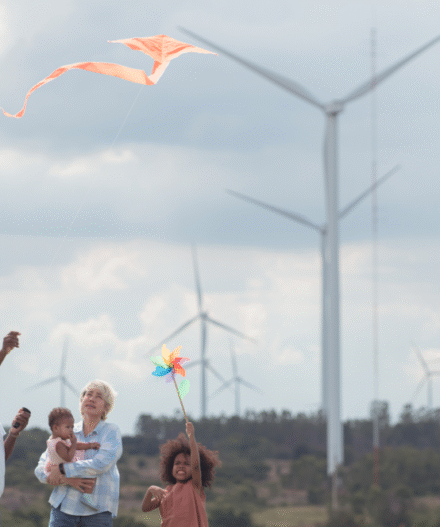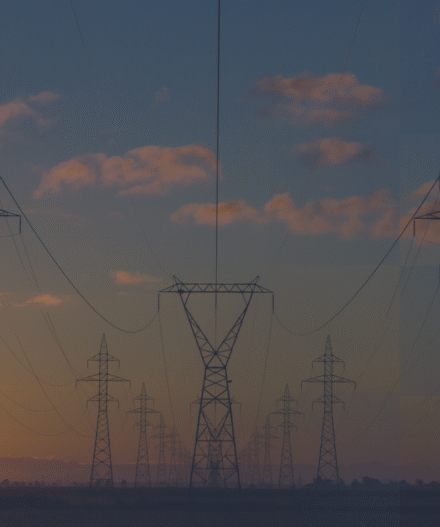
topics
our work on
driving a sustainable transition
We work on diverse topics across three work dimensions, all focused on connecting climate action, nature conservation, and energy goals.
delve into
our topics
Grids & Energy Systems Topics
We enable discussions on how to model, plan and implement decarbonised and optimised clean energy systems, including different voices in the process
Energy & Nature Topics
We ensure energy systems, both onshore and offshore, are developed in coherence with nature and biodiversity, through collaborative design and implementation of sound mitigation, enhancement and restoration measures.
Energy & Society Topics
We include and engage citizens, civil society and policy makers on strategies towards full decarbonisation, building capacity on the role of grids within the energy transition
highlighted
Global Initiative for Nature, Grids and Renewables (GINGR)
Aims to support the just and sustainable energy transition by providing assessment tools to quantify contributions to Nature- and People-Positive goals.
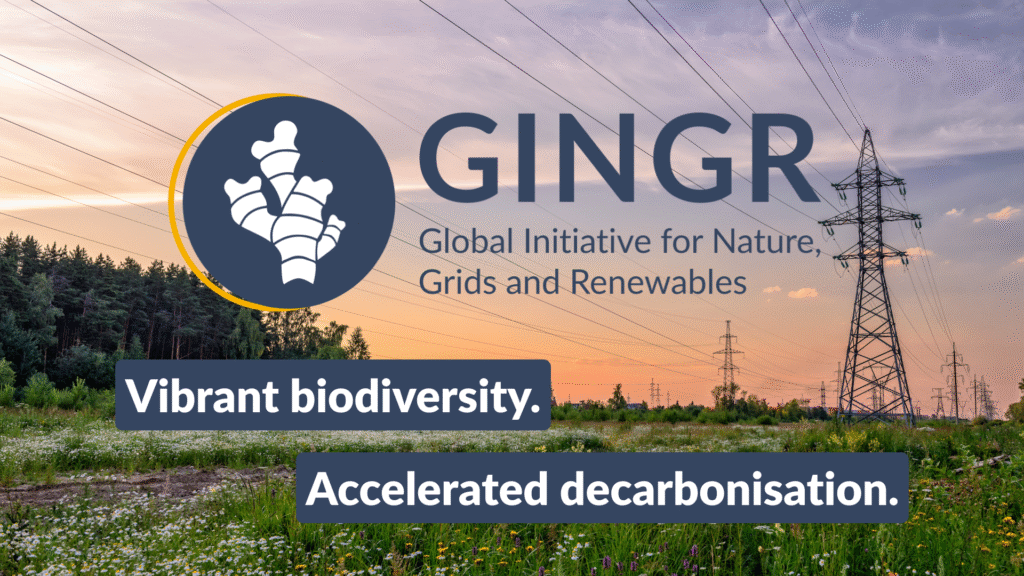
our recent
projects & activities
all dimensions projects


